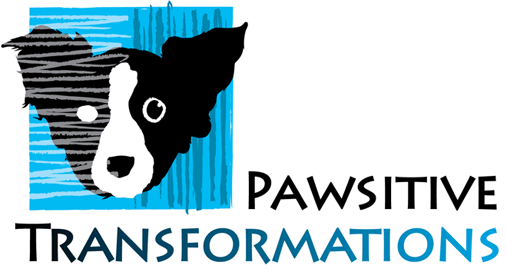Find Posts by Topic
Search Posts

Can dogs recover from separation anxiety? YES!
People frequently ask me if a dog can recover from separation anxiety. They understandably want to know if success is possible before committing time, money,

Bob is a Victoria Stilwell Academy Faculty Advisor
Earlier this year, Bob became a faculty advisor for the esteemed Victoria Stilwell Dog Training Academy. What is the Victoria Stilwell Dog Training Academy (VSA)?

Suspending Absences During Separation Anxiety Training
An important part of separation anxiety training is not leaving your dog home alone longer than he/she is comfortable. During the height of the

Does my dog have separation anxiety? What are the signs?
Wondering if your dog has separation anxiety? Your veterinarian can make the clinical diagnosis, but there are some indicators you can look for based on

Why Virtual Works Best for Separation Anxiety Training
Working as a Certified Separation Anxiety Trainer (CSAT) has taught me a lot about the condition. It has also helped me hone whole new set

Would Getting a Second Dog Help with Separation Anxiety?
Bob Ryder, CSAT, PMCT-4, CPDT-KA Your dog has separation anxiety. Maybe you brought home a brand new puppy full of energy and innocence from a

Separation Anxiety Training – Realistic Expectations
Bob Ryder, CSAT, PMCT-4, CPDT-KA Separation anxiety is a deeply ingrained fear-based behavior disorder. Helping a dog recover from it requires commitment and patience. This

Separation Anxiety – Can Dogs Tell Time?
A separation anxiety client client recently asked how it’s possible for dogs to have such problems being alone given that they can’t tell time.

How returning to work/school may impact your dog
As Covid vaccines become available and public health restrictions begin to ease, people are returning to work/school. I spoke with Dana Volmer of WGLT about

High Maintenance, and Highly Rewarding
It’s music to my ears when clients tell me, “It’s really we humans who need the training.” Of course we do train dogs for the

Take the Slow Train
For whatever reason, issues for which people ask my help seem to come in clusters. Sometimes I’ll have a handful of dogs struggling with OCD issues

Thou Shalt Not Punish
I recently made the following observation during a consultation with a new client. “The less you punish your dog, the less you’ll need to punish

Clicker Expo 2018
This installment comes to you from St. Louis. I’m at the front end of “Clicker Expo,” a 3 day conference for dog trainers and others

Pardon the Interruption
There’s a tool in the kit of most force-free trainers that deserves more attention than it gets. In terms of training, I’m talking about interruption.

Positive Begets Positive
The term “positive training” has a couple meanings, and it’s worth understanding the nuances. Most people understand it first in the sense that “positive” suggests “desirable,”

Can I Change My Dog’s Name?
Bob Ryder, CSAT, PMCT-2 CPDT-KA A few years ago on WGLT Laura Kennedy and I talked about naming pets. One of the things we discussed

Why is my dog barking?
Bob was on “Animal House” on WGLT with Laura Kennedy today – if you missed hearing it live, you can listen via the link below.

Less No, More Yes
We all get frustrated when our dog does something she isn’t supposed to do – like chasing the cat, raiding the trash, or jumping up

It’s ALL Tricks To Your Dog
Bob was recently on WGLT with Laura Kennedy on “Animal House” to talk about the best way to train your dog to do fun tricks and

Winter Exercise Tips
It’s Cold – Keep Moving! As I mention often to my clients, one of my favorite training proverbs says, “A tired dog is a well

Dominant – NOT!
“He thinks he’s alpha.” “We have to establish the dog’s rank in our family.” Let me persuade you what scientists have known for a while

Building Better Behavior
Here are two keys for helping your best friend be a well-behaved member of the family – management and exercise. Management – One of the most important behavior strategies

Pretty Tricky
Want to have a better-trained best friend? Want to have more fun with your dog? (Duh!) Here’s a big step in the right direction –

Puppy Two-Step
Life with dogs is an adventure – that we share our lives so successfully with another species is amazing. Like any relationship, friendship with a
